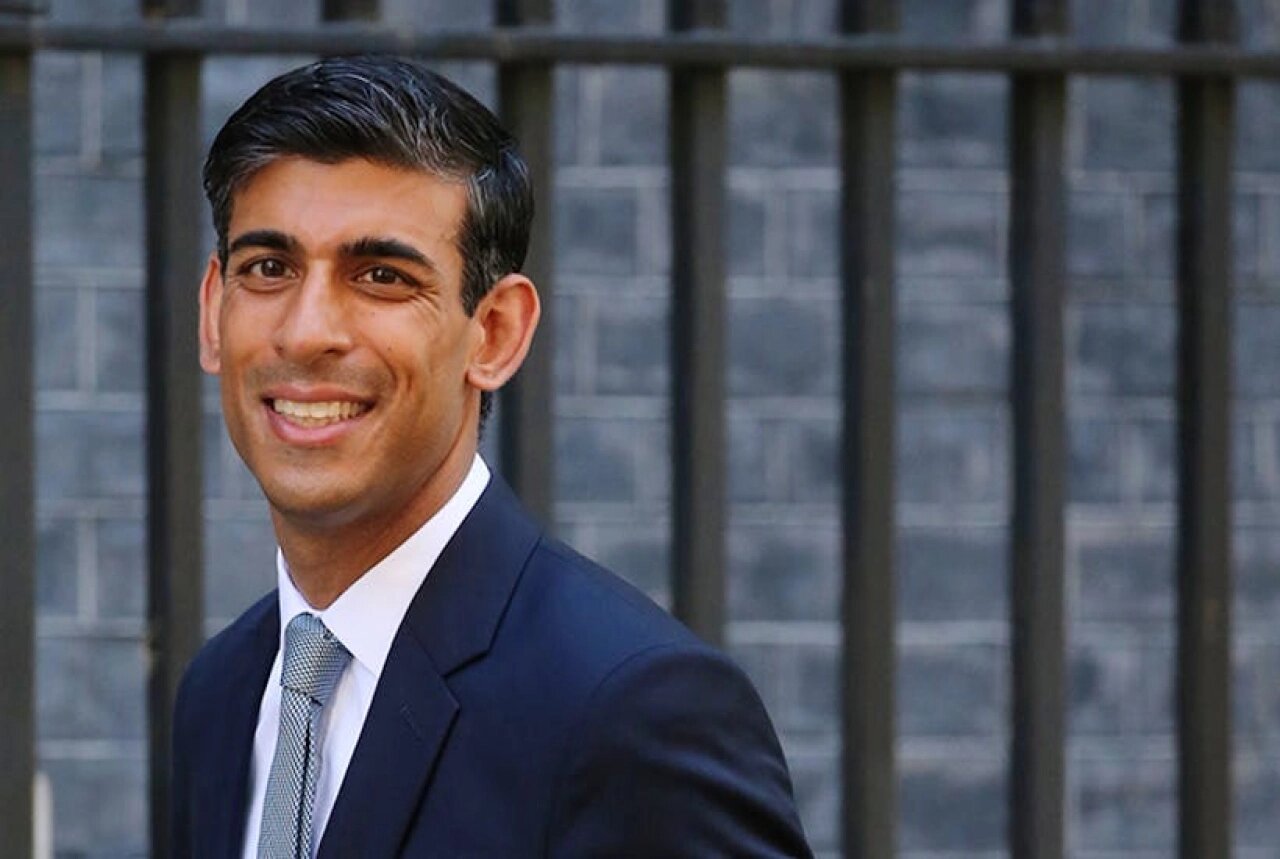What investors should look out for in today's Budget
Changes to pensions, capital gains tax and wealth levies all mooted to repay the UK Covid-19 bill.
3rd March 2021 10:36
by Sam Barker from interactive investor
Changes to pensions, capital gains tax and wealth levies all mooted to repay the UK Covid-19 bill.

With the Budget due imminently, speculation is mounting that chancellor Rishi Sunak will raise taxes to help repay the country’s growing bill for Covid-19.
The Conservatives vowed during the last general election to not raise income tax, National Insurance or value added tax – the so-called ‘tax triple lock’.
But a wide number of other consumer taxes could be increased to fund the Covid-19 shortfall, currently £284 billion.
PENSIONS
There is speculation that the government will reduce the tax support pension savers currently get.
All pension savers get an extra 20% boost on their contributions from the government, known as pension tax relief. Currently, higher and additional rate taxpayers can claim an extra 20% and 25% respectively.
All of these could be targeted by the chancellor without breaking the tax triple lock. There have been rumours at previous Budgets and spending reviews that this perk could be scrapped and that everyone would get the same rate relief.
Sunak could also consider watering down the triple lock, which guarantees that the state pension will rise by every year by at least 2.5%, inflation or earnings growth. It has been in place since 2011.
- Budget 2021: what could it mean for your personal finances?
- Rishi Sunak’s Budget could turbocharge UK’s IPO market
Steven Cameron, pensions director at Aegon, warns that while some taxes may not be raised, the chancellor is free to scrap the current National Insurance exemption for retirees.
CAPITAL GAINS TAX (CGT)
The chancellor called for a review of CGT last July.
Currently, if you are selling an asset such as a share outside an ISA you pay CGT of 10% if you are a basic rate taxpayer, or 20% for those on the higher rate.
There is also an annual exemption letting you earn £12,300 of profit from selling an asset before paying any tax.
The Office for Tax Simplification thinks around £14 billion could be raised by cutting exemptions to between £2,000 and £4,000 and doubling the rates paid by basic and higher rate taxpayers.
INHERITANCE TAX (IHT)
But Sunak also asked for a review of IHT before the pandemic.
Of particular interest to investors here is that an investment in a qualifying AIM company held for at least two years is not be subject to IHT. This is also known to investors as ‘IHT relief’, and it is thought up to a third of AIM stocks are held for this reason.
AIM qualifies for IHT relief because it is not a designated recognised stock exchange, such as the Official List of the London Stock Exchange.
WEALTH TAX
One option for the chancellor is a tax on wealth.
The Wealth Tax Commission, a group of tax experts and academics, last year called for such a levy on all individual assets worth more than £500,000.
If it was charged at 1% a year for five years this would raise £260 billion, or £80 billion with a threshold of £2 million.
- Are you saving enough for retirement? Our calculator can help you find out.
- Government set to unveil NS&I ‘green bond’
DeVere Group chief executive and founder Nigel Green has warned that higher earners should expect to get a “bloody nose” from the Budget.
OTHER TAXES
The Treasury could also raise revenues by increasing rates of council tax or fuel duty.
Fuel duty, in particular, has been frozen for decades.
Of course, there is always the chance that the March Budget contains little or none of these changes.
With the pandemic dragging on despite the vaccination programme, the chancellor may choose to delay announcing anything specific until later in the year.
Certainly the Institute Fiscal Studies think tank has warned that while tax increases will eventually be needed, now is not the right time.
Either way, all eyes will be on the chancellor today.
These articles are provided for information purposes only. Occasionally, an opinion about whether to buy or sell a specific investment may be provided by third parties. The content is not intended to be a personal recommendation to buy or sell any financial instrument or product, or to adopt any investment strategy as it is not provided based on an assessment of your investing knowledge and experience, your financial situation or your investment objectives. The value of your investments, and the income derived from them, may go down as well as up. You may not get back all the money that you invest. The investments referred to in this article may not be suitable for all investors, and if in doubt, an investor should seek advice from a qualified investment adviser.
Full performance can be found on the company or index summary page on the interactive investor website. Simply click on the company's or index name highlighted in the article.